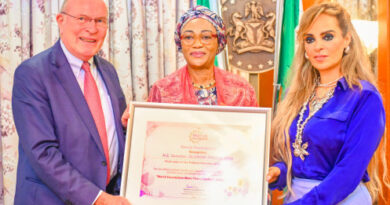Economic Analyst Highlights Multi-Factorial Reasons Behind Kwacha’s Ongoing Depreciation
Economic Analyst Kelvin Chisanga has shed light on the persistent depreciation of Zambia’s currency, the Kwacha, attributing it to a confluence of diverse factors.
Mr. Chisanga highlighted key elements such as the strength of the US Dollar on the global market, monthly fuel reviews within the country, and a generally low economic profile leading to decreased export output.
According to Economist Chisanga, the Kwacha’s decline follows a period of appreciation in the first weeks of the third quarter but has since been marked by low conversions on the US Dollar side and reduced copper production throughout the year.
He emphasized the local market’s heightened demand for the US Dollar, driven by a sustained importer drive that began in mid-September, coupled with a noticeable scarcity of the universal currency in the domestic market.
Mr. Chisanga expressed concern that the current depreciation level could significantly impact Zambia’s key economic fundamentals, affecting various sectors of the domestic market.
The recent depreciation, now in its 10th week, has had pronounced effects on inflationary pricing and prompted reactions from the Bank of Zambia’s monetary policy rate, causing a noticeable shakeup in the market.
To address the situation, Economist Chisanga emphasized the need for a robust policy framework to expand the country’s export base. He pointed out Zambia’s historical low profile on the export bill, advocating for measures to balance import demand, particularly in intermediate goods.
He highlighted the impact of the current import composition, where farming inputs, fuel, and seasonal goods contribute significantly to the trade deficit.
Mr. Chisanga noted that the local forex market experiences reduced supply channels at this time, driven by established patterns and a limited number of prominent suppliers of dollars annually. Offshore auctions have also played a role in shaping these dynamics.
Copper export, a crucial component of Zambia’s trade balance, was identified as a key factor in generating mining tax payments and attracting project funds.
He underscored the importance of a credible budget and the role of the Central Bank as a primary source of foreign exchange inflows through open market operations.
In an effort to mitigate forex demand pressure, the Bank of Zambia has provided substantial support to the domestic forex market, contributing nearly $1.5 billion throughout the year.
Economist Chisanga concluded by urging a comprehensive approach to address the various contributing factors and stabilize the Kwacha’s value in the global economic landscape.



